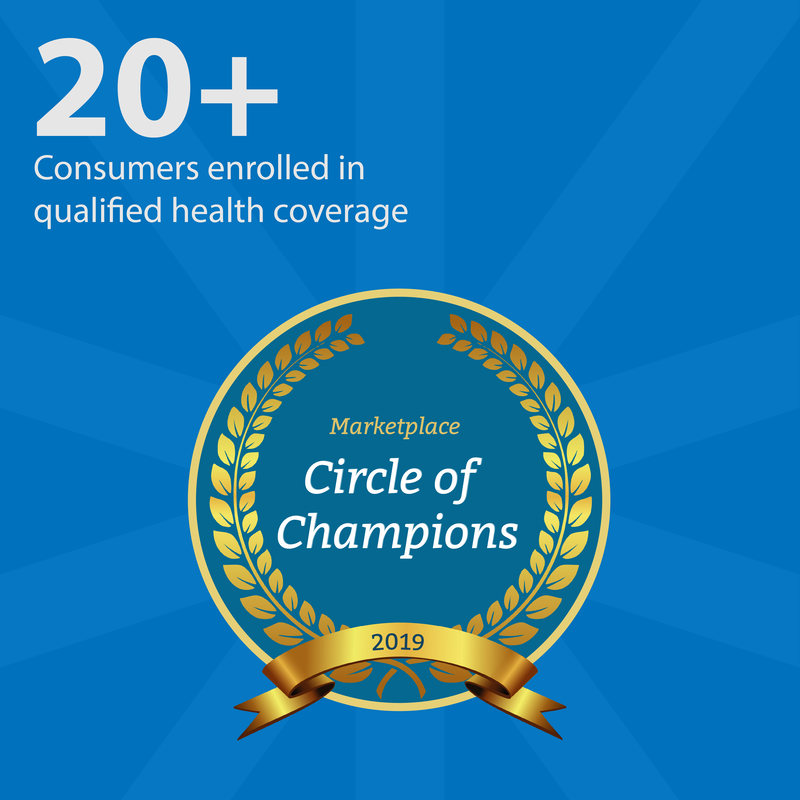0 Comments
Currently, car loans may last as long as four to six years and leases are becoming more expensive. Whether your vehicle is a coupe, sedan, van, sports utility vehicle, hybrid, or truck, your vehicle's value will depreciate very quickly. A rapid loss of actual value accompanied by a longer loan obligation spells trouble.
It isn't unusual for the amount of the unpaid loan and lease balance to become much larger than the vehicle's value. This disparity exists over much of the loan or lease period. Making matters worse is that this gap is usually only discovered after a total loss. After the insurer pays its obligation, you may have to pay the bank or leasing company thousands of dollars out of your own pocket. The situation is an unfortunate side effect of the need to extend financing to accommodate extremely expensive vehicles. However, there are a couple of solutions to the dilemma. The Auto Loan/Lease Coverage Endorsement This optional coverage is available from a variety of insurance companies. The form provides coverage for the following:
Exclusions Generally, this optional coverage excludes items such as overdue lease payments, penalties (for excessive use, abnormal wear and tear, or high mileage), security deposits, costs of warranties or various types of credit insurance, or carryover balances from a previous lease. Auto Replacement Cost Coverage For an additional premium, a new car owner may buy coverage to settle major losses based on the vehicle's replacement cost rather than its depreciated value. There are some limitations, such as:
©The Rough Notes Company, Inc.
 So You Need (or Want) to Take a Defensive Driving Course Whether you were caught speeding (or worse), you’re looking for a discount on your car insurance, or you simply want to be a better driver, there are a wide range of defensive driving and driver improvement courses available in Las Vegas these days. But, which is right for you? Here are five tips to help you decide: 1. Check with your state or municipality. If you’re taking training to avoid a traffic infraction, not just any course will do. You’ll need to take an approved course – ask for a list before signing up. 2. Check with your insurer. The same goes if you’d like to potentially save on your car insurance. Your carrier may only offer a car insurance discount for completing certain courses. Also ask how much your discount will be — this will help when it comes time to choose a course. 3. Choose the type of course. There are online and classroom options, typically ranging from 4-12 hours depending on the course material. And, there are advantages to each. Online courses offer convenience (and sometimes a lower cost), while in-person settings can provide more interaction. 4. Determine how much you want to spend. If you’re trying to avoid a ticket (and a potential increase in your insurance premiums), the cost might not be much of an issue. If you’re taking a course to receive an insurance discount, however, make sure the total discount you’ll receive is greater than the cost of the course. 5. Check out the reviews. Online review sites, such as Yelp, can show you what others thought of a course. Keep in mind, people who felt “forced” to take a course might have a biased opinion, especially compared to someone who took the course willingly. No matter why you’re considering a defensive driving course, we’re happy to help you weigh the pros and cons. The biggest pro being, once you complete your training, you’re likely to be a little more careful the next time you get behind the wheel. And, that always pays off! Technology has given us many great things. Utilizing technology information, documents, banking, and communicating is faster then ever. However, bad people continue to exploit the systems that we have in place. The United States Health and Human Services and the United States Attorney General reported that consumers are receiving telephone calls from there government agencies requesting your information.
If you get a phone call from someone pretending to represent a governmental agency, try gathering as much information about the caller as you can. Next you are advised to call the United States Health and Human Services or the United States Attorney General. The United States Health and Human Services can be reached by calling 1-800-447-8477 pr by email to [email protected] The United States Attorney General can be reached by calling 1-877-382-4357 or 1-877-FTC-HELP. |
News & Updates
Archives
August 2023
Categories
All
|


 RSS Feed
RSS Feed
